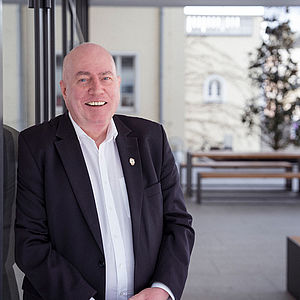"My original background is in visual communication and media education. Both these areas continue to play a major role in digital communication and the online world. Take word-image combinations like memes, for example, or self-portrayals in selfies and phenomena like fake news.
But the questions have changed. In the 2010s, the main question was: What motivates people to make their private lives public? In the meantime, my team and I have moved on to the meta-level and have taken up analysing the underlying strategies of digital communication. More often than not, these self-presentations have a purpose. Political influencers, for instance, use it as an instrument to draw attention to certain political issues. Regular citizens now use selfies to make a political statement that can provoke entire political movements, like in Iran.
Naturally, images on the web can be manipulated and spread false information. How does this affect the trust people have in news and in the information disseminated that way? That is precisely where the media education comes into play. We are looking for ways to teach children and adolescents how to recognise whether news items are true or false, for instance, or how to deal with hate speech and bullying on the web."
More about his research
One of Professor Knieper's research interests comprises online content analysis, including images. His special interests are in the fields of instructional media and interactive video, methods of empirical online research, social media research, election campaign communication, visual public relations and online marketing.
Learn more about Professor Knieper's main research interests (German)



![[Translate to English:] [Translate to English:]](https://www.digital.uni-passau.de/fileadmin/_processed_/6/d/csm_Merkel_and_Obama_at_G7_2015_Pete_Souza_5745f5537a.jpg)